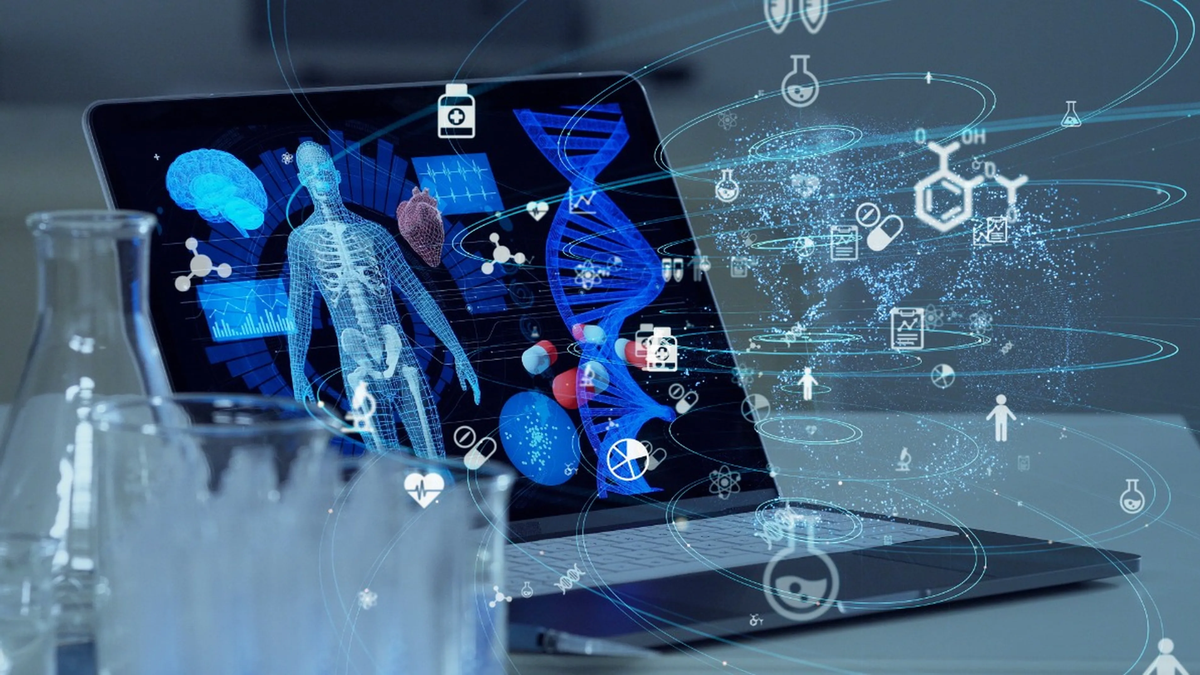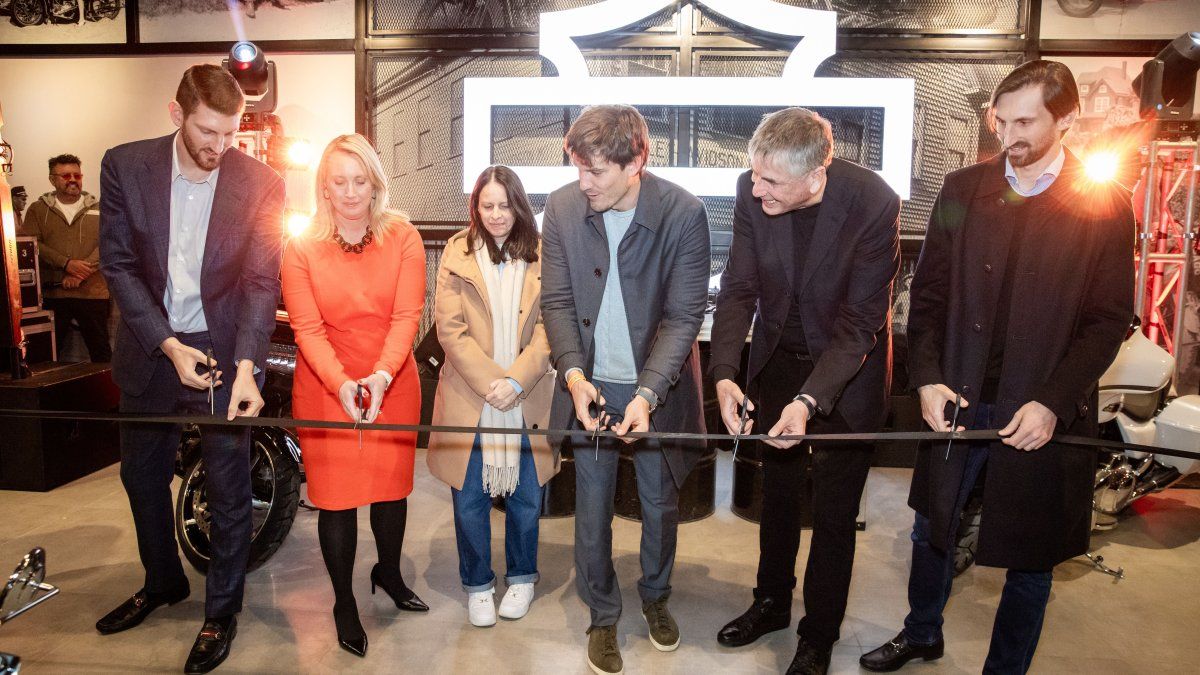In the healthcare industry, the constant pursuit of excellence and continuous improvement is an undisputed priority. With technological advancements and the evolution of artificial intelligence across the board, fully immersive experiences have emerged as a transformative trend, redefining how healthcare professionals learn and develop. This hands-on approach is not only revolutionizing medical education, but is also having a profound impact on the quality of patient care.
The content you want to access is exclusive for subscribers.
Immersive experiences allow participants to fully immerse themselves in real clinical settings, where they can observe and actively participate in medical procedures, diagnoses and treatments under the guidance of experienced professionals. This type of learning goes beyond theory, providing the opportunity to face complex clinical situations in a controlled but realistic environment.


Preceptorship, within the full immersion experiences, offers an intensive mentoring relationship in which trainees work closely with experts in their field. This relationship allows for constant and personalized feedback, fostering deep professional and personal development. Mentoring not only strengthens clinical skills, but also develops critical competencies such as decision-making under pressure and real-time problem-solving.
One of the most notable benefits of these methodologies is the improvement in knowledge retention and application. Studies show that hands-on learning has a significantly higher retention rate compared to traditional methods. In addition, exposure to real-life situations increases professionals’ confidence and security, which translates into better performance in their clinical roles.
When faced with a variety of clinical problems, participants are challenged to think beyond traditional methods, developing innovative solutions and new techniques. This approach stimulates creative thinking and the ability to solve problems in unconventional ways, promoting significant advances in medical practice.
Furthermore, interaction with different specialists and the integration of new technologies in these settings facilitates interdisciplinary collaboration and experimentation in a safe environment. The ability to test and fine-tune new ideas without the risks associated with real practice fosters an innovative approach to problem solving. This combination of collaboration and technology contributes to the creation of a culture of innovation within healthcare institutions, preparing professionals to lead and transform the medicine of the future.
Another key aspect is constant updating. Medicine is an evolving field, and staying up to date with the latest practices, technologies, and advancements is essential. Full-immersion experiences ensure that healthcare professionals are always aware of the latest trends. Teamwork is another key component. These experiences often involve interdisciplinary collaboration, improving communication and cohesion between different specialties. This collaborative approach is essential for comprehensive and effective patient care.
We are facing a new paradigm in the health field: experiences are changing the approach to education. In a world where medical excellence is more crucial than ever, adopting these learning trends is an invaluable investment in the future of health.
President of Medsite
Source: Ambito
I am an author and journalist who has worked in the entertainment industry for over a decade. I currently work as a news editor at a major news website, and my focus is on covering the latest trends in entertainment. I also write occasional pieces for other outlets, and have authored two books about the entertainment industry.




